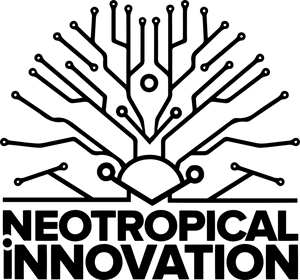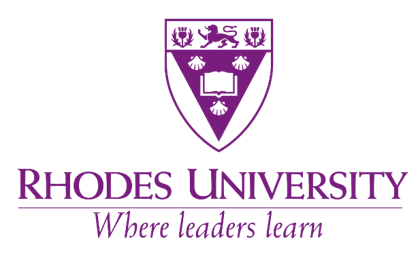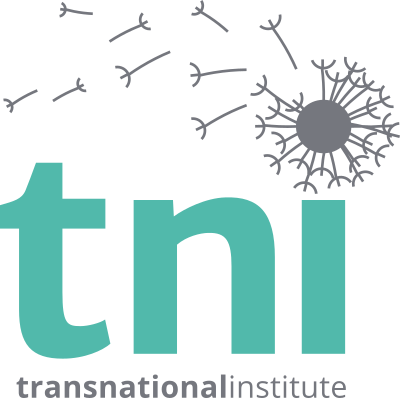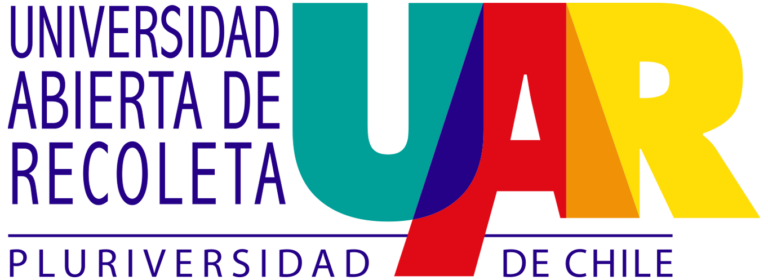We invite people from a large variety of disciplines and backgrounds to join this project and bring in their own vision, plans, and ideas into the Untraceable University project. A network of committees form the core of our collaborations, and we invite all interested parties to join this network. These committees are called Thematic Action Committees (TACs) and described in more detail below.
Each committee should focus on a specific theme (such as Permaculture or African Eco-Feminism). Committees are tasked with organising activities and developing materials that position their theme within the context of the Untraceable University. We provide a framework and logistical support to the TACs.
We use an interdisciplinary approach built around the concept of pluriversality: embracing a participatory, collaborative, and situated method. For us, this means inviting a diverse network of collaborators and allowing everyone to pursue the same objectives from their own perspective, acknowledging that there is not a single "best" route. For this reason, we accept multiple groups to work on the same topic but each through their own lens.
Group Composition
TACs should consist of people with a strong link to the topic at hand - be it from an academic or professional viewpoint. Members could all be part of a single organisation, or be based at different institutions, countries, or continents. Group compositions might change over time.
- Minimum 3 members to get started; maximum 5 members.
- At least 1 academic required; at least 1 practitioner recommended.
- Maximum 3 students (Masters or PhD level).
Responsibilities
TACs contribute to the Untraceable University by helping to roll out different education, outreach, and research activities. The TACs go at their own pace, and are expected to collaborate with peers, students, and other volunteers in their field to run these activities - they are not expected to do all this on their own. Cross-collaborations with other TACs is highly encouraged. The Activity Framework for Research and the Education & Outreach provides an overview of the types of activities that TACs are expected to help coordinate.
Duration
We are looking for long-term collaborators that are committed to the goals of this project. However, in order for all involved to evaluate if this collaboration is a good fit, we ask each TAC to work on the first three activities (inaugural workshop, recording of interviews, definition of research questions) over 6 months, followed by a mutual evaluation.
Funding and Support
After trial and error, we have experienced the difficulty in collaborating with TACs without proper funding. For that reason, we prioritise looking jointly for funding to ensure that each member in the TAC can set aside dedicated time for this project. If you, as an academic or practitioner, have access to seed money that can kick of the TAC for the first 6 months, then this could be a great way to getting things going. In the meantime, we can look for long-term alternatives. We also actively seek out larger grants that can fund a number of TACs, as the collaboration across TACs is key. Please note, however, that we cannot guarantee any funding and we also prioritise TACs that we have known for and collaborated with for some time before including them in larger grants. However, we really seek to collaborate with those that have the enthusiasm and interest in this project, so please reach out to discuss any ideas even if you don't yet know how your TAC might be funded.
Activity Framework
The overview below provides the basic framework of the expected activities to be rolled out by the TACs over the course of a multi-year collaboration. This serves as a general guide. For more information, please find a more detailed overview of both the Research as well as the Education & Outreach activities.
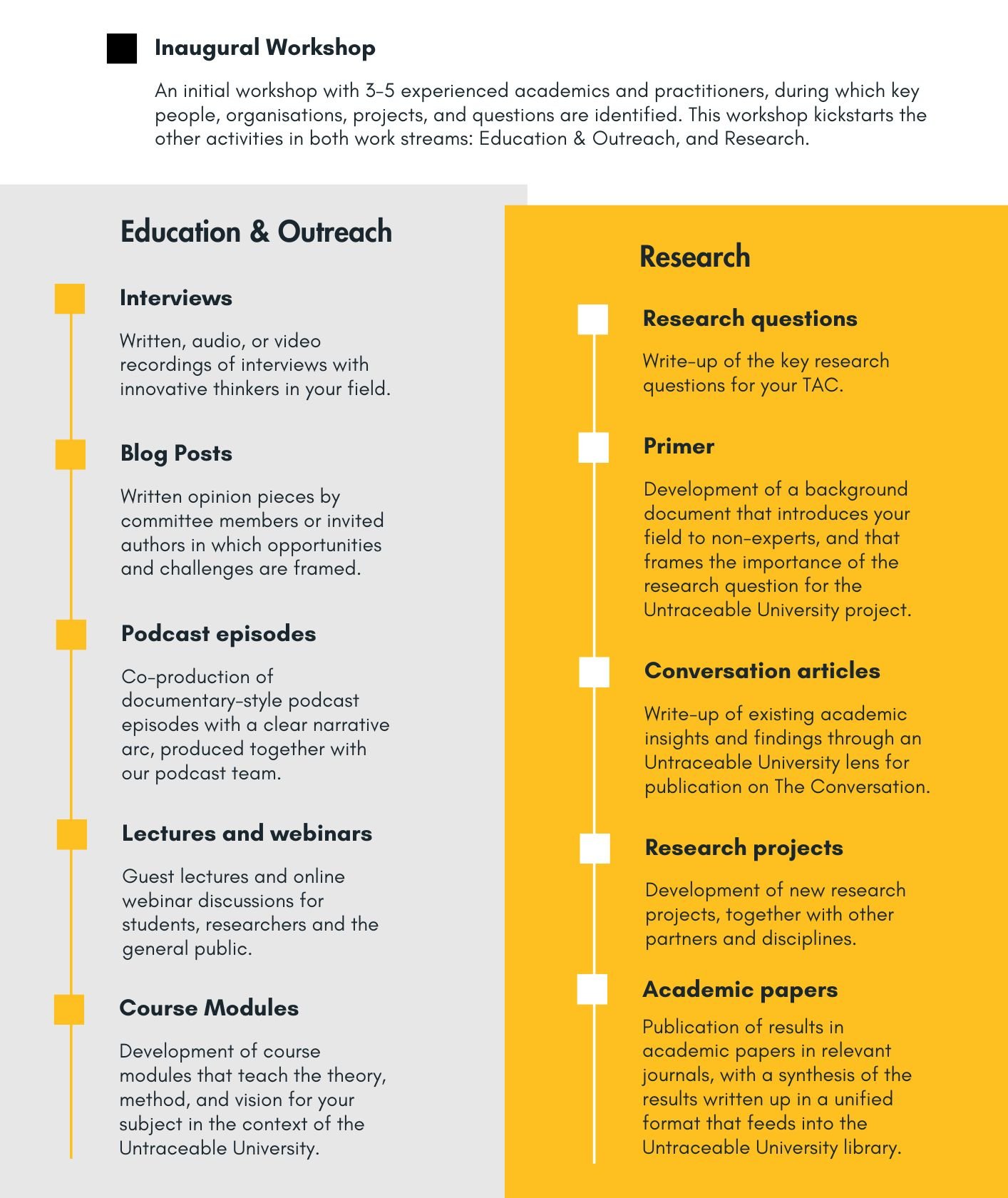
Creating or joining a TAC
We encourage people to form their own TAC, taking into account the group composition requirements outlined above. TACs can be initiated by anyone: academics, students, practitioners, or other people enthusiastic about bringing a specific topic to the Untraceable University. The best way to start a TAC is by recruiting at least 2 other people (for a minimum size of 3 people), and no more than 4 others. These should be people that share your passion around the chosen topic, and that are interested in exploring radical, applied ideas around it. These could be people you have collaborated with for many years, or people you simply know and think would make for good partners.
Once you have formed your initial group, please contact us. We like to hear about your ideas and understand your group composition. We can give you initial feedback and talk you through what to expect. We can clarify any questions and we can all make sure we are on the same page. Before scheduling this meeting, please make sure you and your collaborators have talked about how exactly you think you can apply knowledge from your topic to the context of the Untraceable University. Sometimes it is obvious, sometimes it requires unpacking. You don't need to have all the answers ready, but try to create an overview of exactly what your angle to the project is.
Lastly, if you are wanting to join our project but do not have an extensive enough network to form your own TAC, then feel free to get in touch and we can put you on a waiting list, to see if we can connect you with others that work on similar topics and that have space available. You can also explore other options to join our collective.


